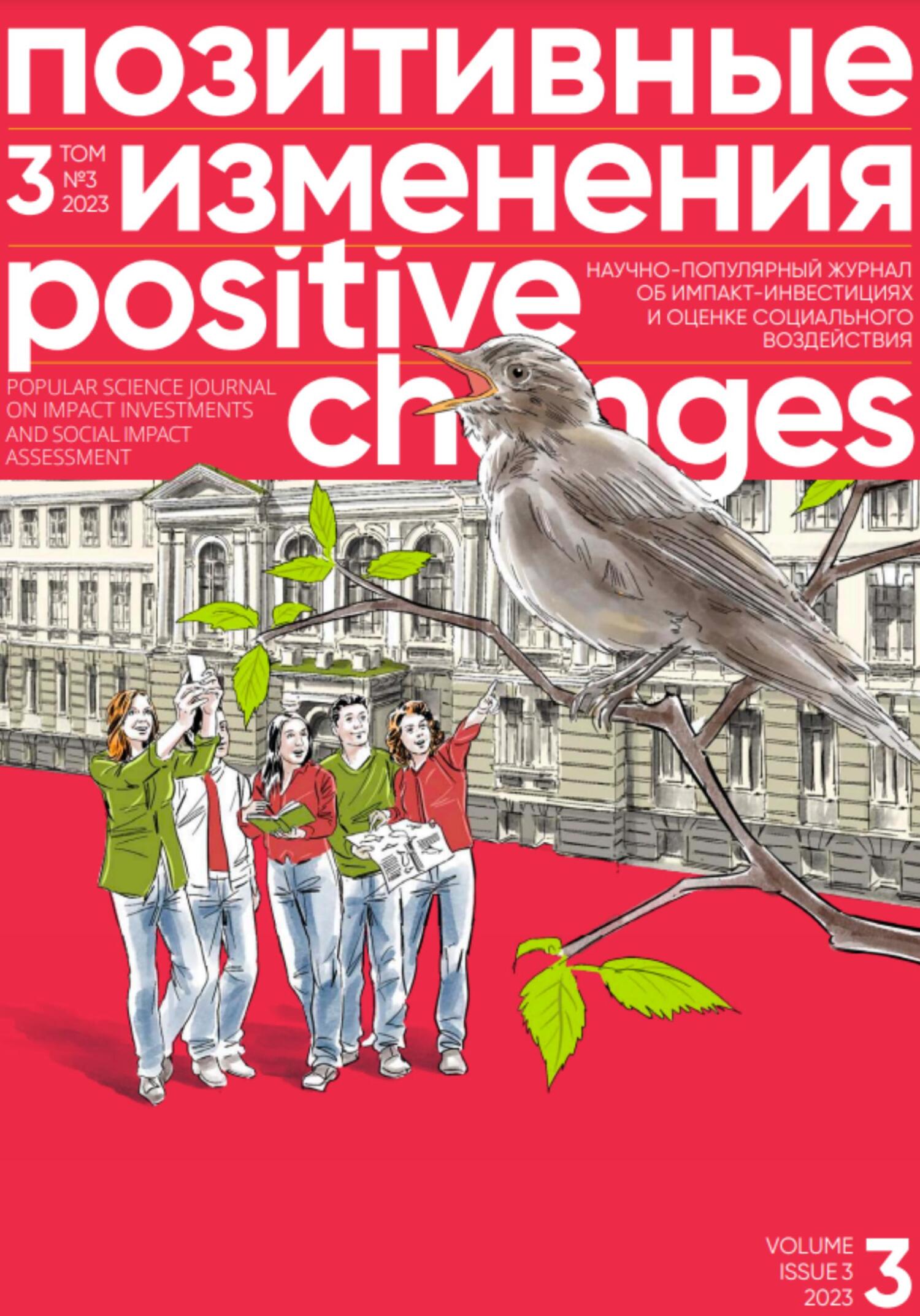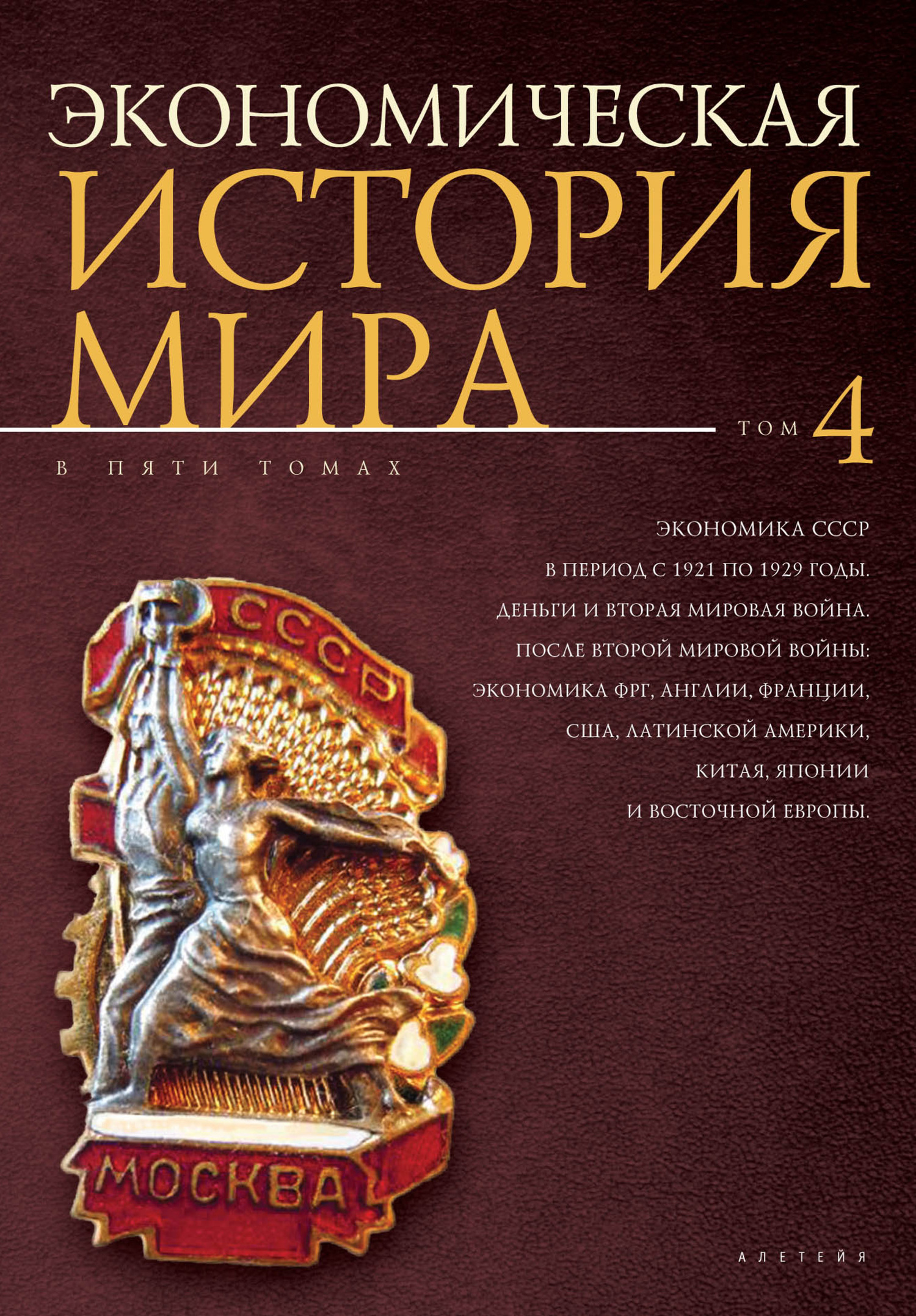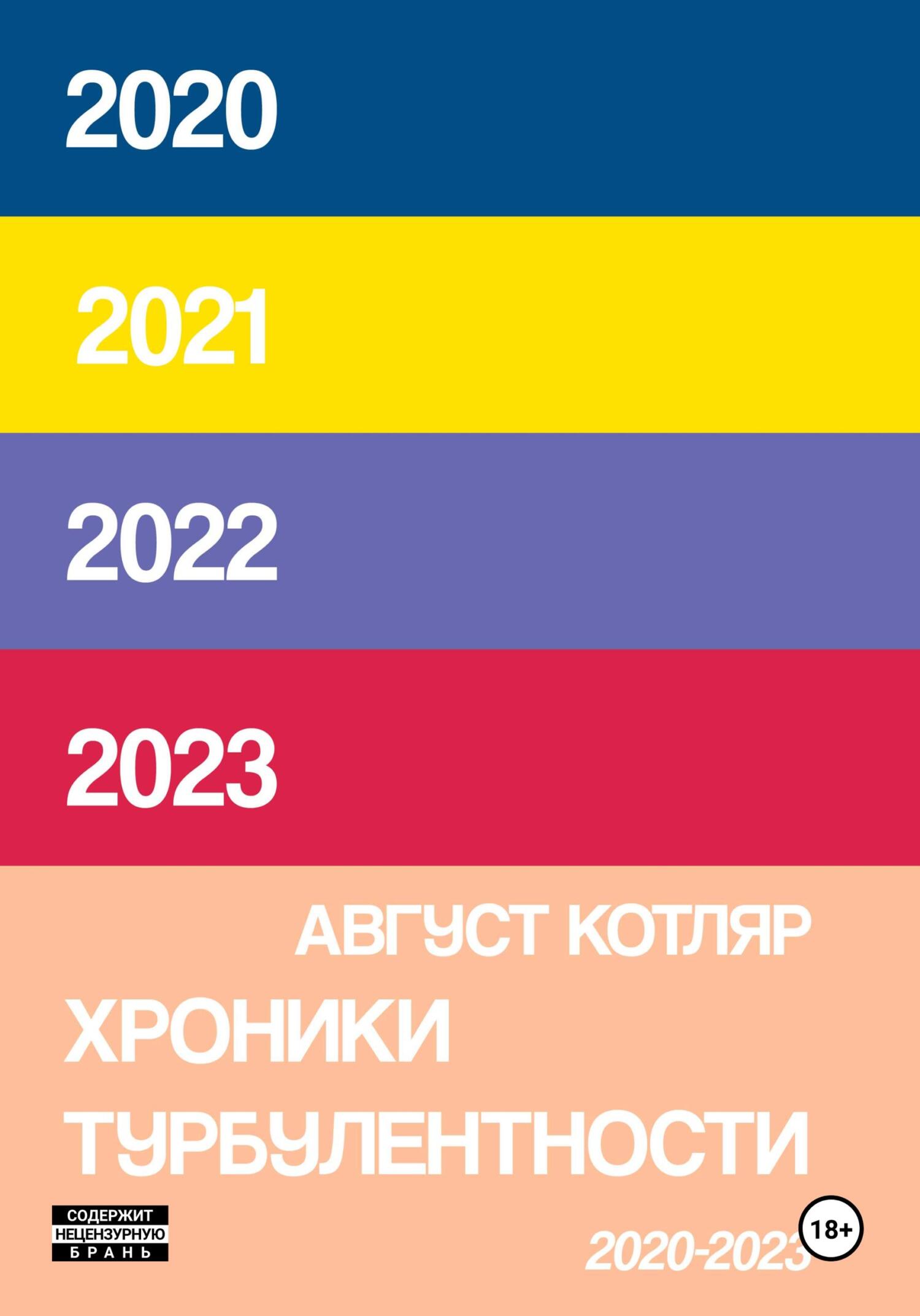Книга Нарративная экономика. Новая наука о влиянии вирусных историй на экономические события - Роберт Шиллер
На нашем литературном портале можно бесплатно читать книгу Нарративная экономика. Новая наука о влиянии вирусных историй на экономические события - Роберт Шиллер полная версия. Жанр: Разная литература / Блог. Онлайн библиотека дает возможность прочитать весь текст произведения на мобильном телефоне или десктопе даже без регистрации и СМС подтверждения на нашем сайте онлайн книг knizki.com.
Шрифт:
-
+
Интервал:
-
+
Закладка:
Сделать
Перейти на страницу:
Перейти на страницу:
Внимание!
Сайт сохраняет куки вашего браузера. Вы сможете в любой момент сделать закладку и продолжить прочтение книги «Нарративная экономика. Новая наука о влиянии вирусных историй на экономические события - Роберт Шиллер», после закрытия браузера.
Книги схожие с книгой «Нарративная экономика. Новая наука о влиянии вирусных историй на экономические события - Роберт Шиллер» от автора - Роберт Шиллер:
Комментарии и отзывы (0) к книге "Нарративная экономика. Новая наука о влиянии вирусных историй на экономические события - Роберт Шиллер"
























